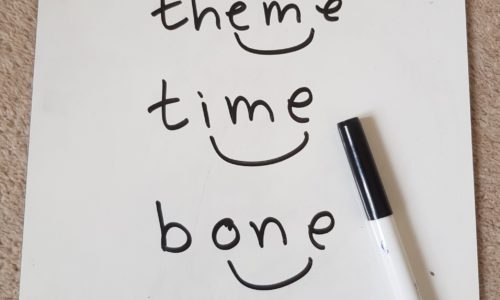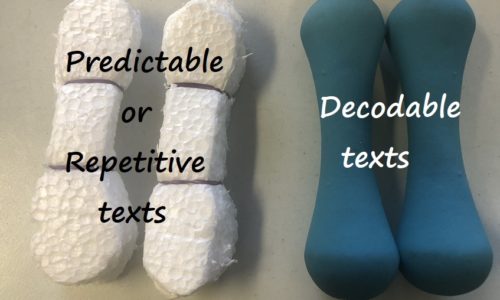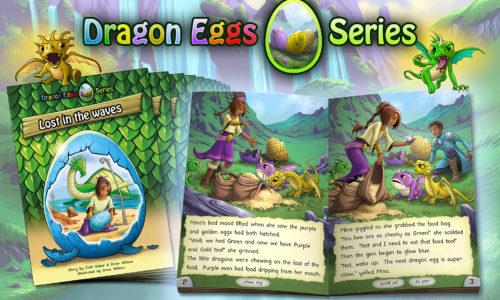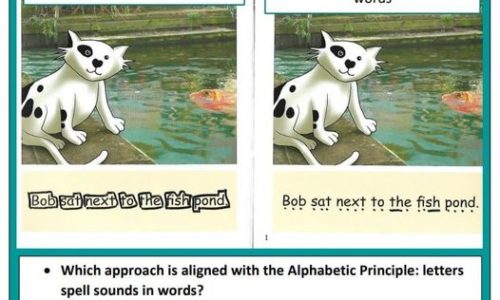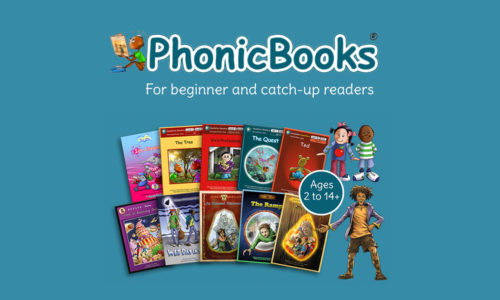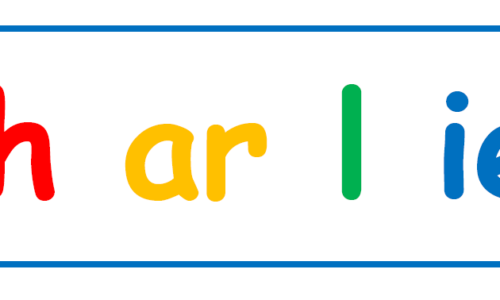
If asked, many early years and special school teachers would probably say that one of the first things children should learn is to recognise, and later write, their name. One single word, yet many children seem to find this difficult and it can take a surprisingly long time to achieve. The main reason for this […]
Read More

